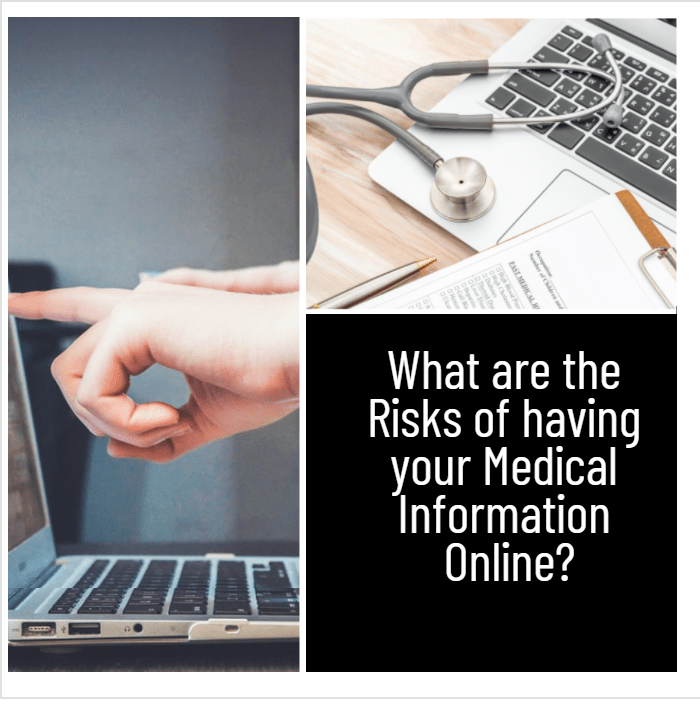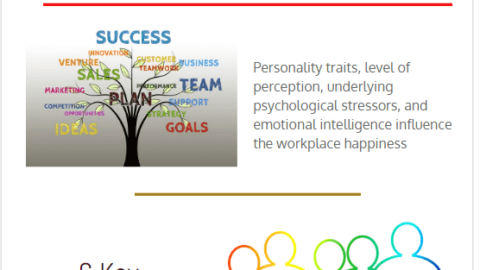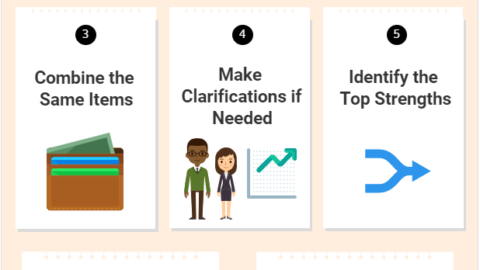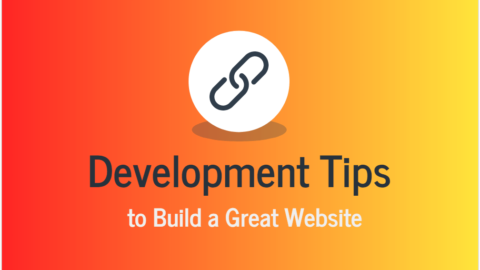What are the Risks of Having Your Medical Information Online?
The issue of protecting medical information at all times was considered, mainly, as protection against leakage of some information about the patient’s health, with special attention paid to medical secrecy – a phenomenon that, in essence, is more social than medical. With the improvement in technology, businesses and organizations switch to online storage solutions to keep important information safe and secure. Digital storage solutions also allow easy access to files which simplifies processes that were once complicated and difficult. However, while digital solutions make things easier and are considered to be safe, there are other problems regarding online storage solutions. Information stored in the cloud can be easily leaked when there is a security breach. Therefore, when personal information from the healthcare field is digitized, the issue of medical information security is moving into the legal plane.
Table of Contents
New Opportunities and New Risks regarding Medical Information
The development of information technologies gives medicine such opportunities that it was even impossible to dream of before – searching for:
- services
- medicines
- doctors
- online consultations
- online consultations
- aggregators of medical services
- online assistance during operations
- medical hardware
- the ability to provide medical reports and certificates online mode, etc.
In parallel with this, a new risk appears in online medicine. The risk of information security and personal data protection. Developers of services and applications, guided by the requirements of the Personal Data Protection Regulation (GDPR), should not only include data confidentiality in their project at the earliest stage of development. They should also anticipate possible hacker actions aimed at obtaining the personal data of users of sites.
The medical data system (and so it was even before the introduction of information technologies in the field of medicine) has always been a complex multi-level system:
- providers of primary and secondary medical services;
- medical business associations;
- a medical information system outside medical institutions (schools, kindergartens, medical centers);
- pharmaceutical organizations;
- medicine management;
- private and public clinics;
- specialized and family (district) doctors.
Each element of this system collects and stores data related to the health of patients. Considering the number of individual organizations that store medical information, it can be assumed that each patient’s personal information is stored separately on many different databases. This causes a bigger problem in terms of medical information security. Because the security levels of each of these elements cannot be the same. While your personal information may be safely stored in one of them, it can be leaked on the other. The transition to online increases the risks of cyberattacks.
Medicine and Data Protection
As already mentioned, the field of medicine and health care is an area where the safety of information is one of the fundamental characteristics. With the advent of the internet, the patient-user has the opportunity to receive medical care remotely. Accordingly, the data on his state of health, before arriving at the destination, passes through several “channels” thanks to the medical web design company.
A modern patient today can not only make an appointment with a doctor online. He can have access to the results of his examination, get his diagnosis “on hand”. He can pick up, order and receive the necessary medications. In his “mailbox” there can be information or correspondence that contains facts or information about his health.
With the development of technology, including the way to outsource web design, a number of mobile devices have appeared that can be called “personal”. Such devices register various parameters of the health of the owner of such a device, regardless of whether such an owner is a patient in the conventional sense.
Medical personal devices are striking in their diversity. These are various biorecorders, trackers and other gadgets, which, rather, relate to the Internet of Things in medicine. These devices also collect, store and process the personal information of users. Therefore, the user must be sure that his data is reliably protected.
In addition to devices, clinics and search engines, so-called aggregators of services are entering the online medicine scene. This provides the user with the opportunity to find and choose a whole range of services from a list of international clinics to a specialized doctor.
As a rule, when searching for or choosing a clinic or service, the user does not think about the protection of his personal data. Logically, the protection of personal data should not be the concern of the patient.
What to Do to Protect Medical Information?
Even though there are risks concerning personal information leakage in the medical field, there are certain ways to minimize those risks.
On a more personal level, there are not many things individuals can do to protect their medical information. However, according to the Royal College of General Practitioners, patients must be informed about the risks concerning sharing login details. Educating patients about online security would eliminate the risk of personal medical accounts being hacked.
From a technical standpoint, the basic and most straightforward way to protect sensitive information would be to exclude such data. In other words, a full record of sensitive personal information should not be accessible online. Only a part of the medical record should be reached, such as the most recent test results and other parts could be restricted.
Conclusion
While technology makes things easier in different areas of life, it also creates new risks involving personal information. With the switch to digitalized records, especially medical information are at risk of being stolen. Although, accessing medical information becomes easier for the patient, the doctors and others in the healthcare industry, it puts the personal information of the patient at risk. When stored online, these types of sensitive data can leak when there is a security breach. Therefore, patients should be educated about medical information security and other security measures should be taken to prevent sensitive data from being accessed online.

Brantlee Bhide is a project manager at HB Consultancy. She has 16 years of experience working as a project professional across varying industries, countries, and cultures. She operates in both business and technical domains using an approach that she developed.










